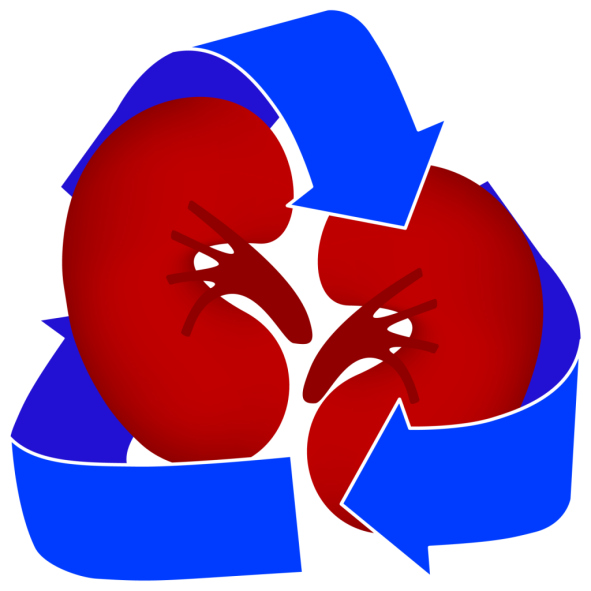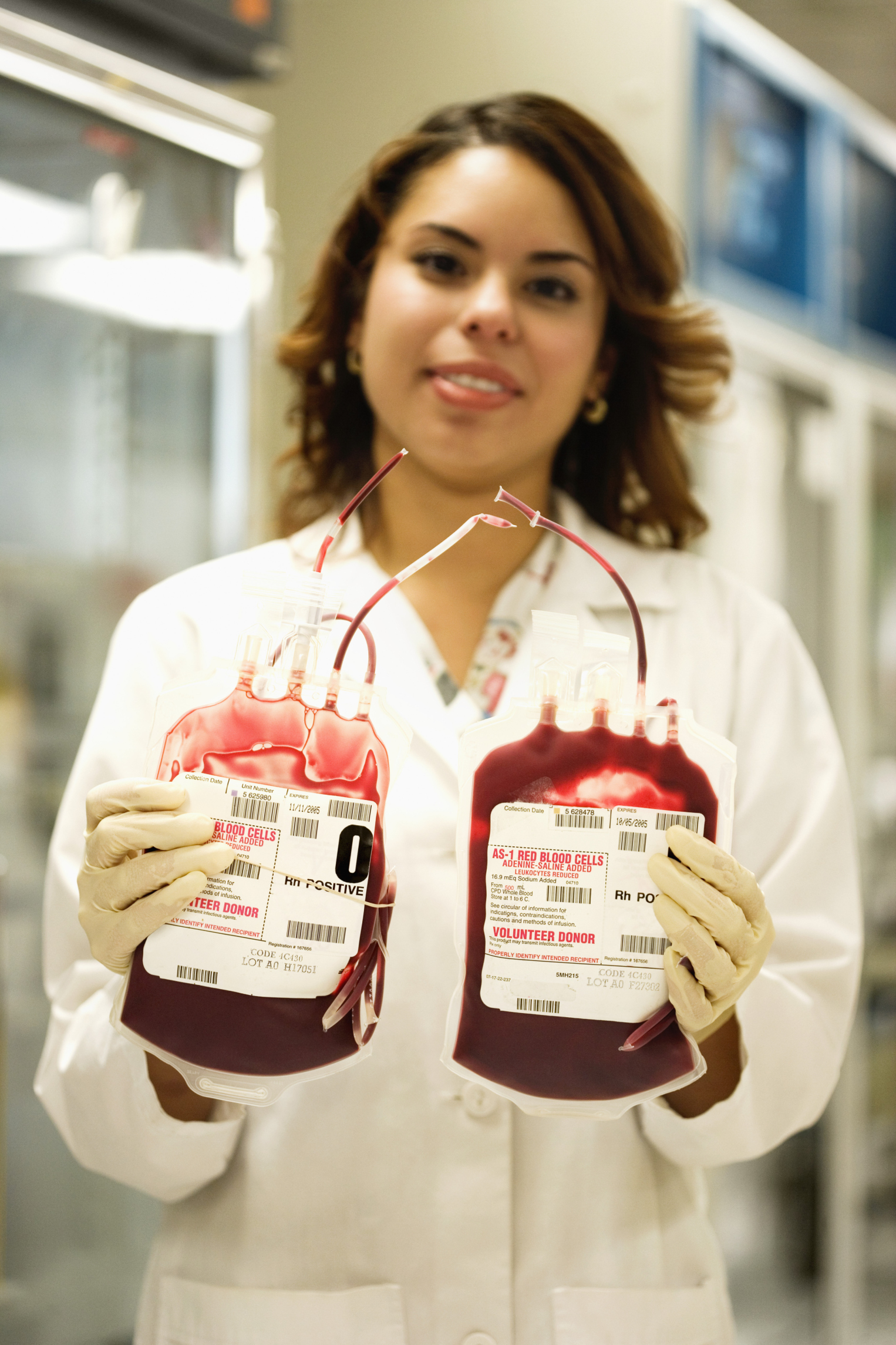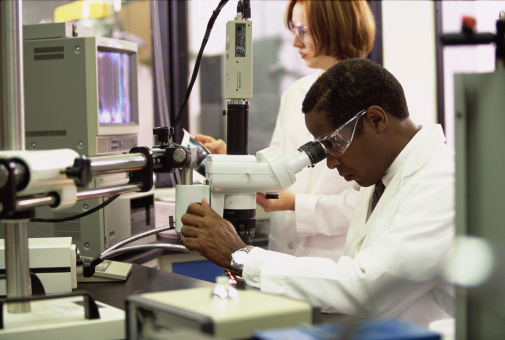Technology and Medical Practice
In shipping sensitive medical equipment domestically and internationally, it’s interesting to reflect on the relationship between technology and medical practice. Sometimes we think of technology as a kind of progress that “replaces” the process that came before it, as a more efficient and less laborious method. This might even include “replacing” human tasks with those…
Read more






